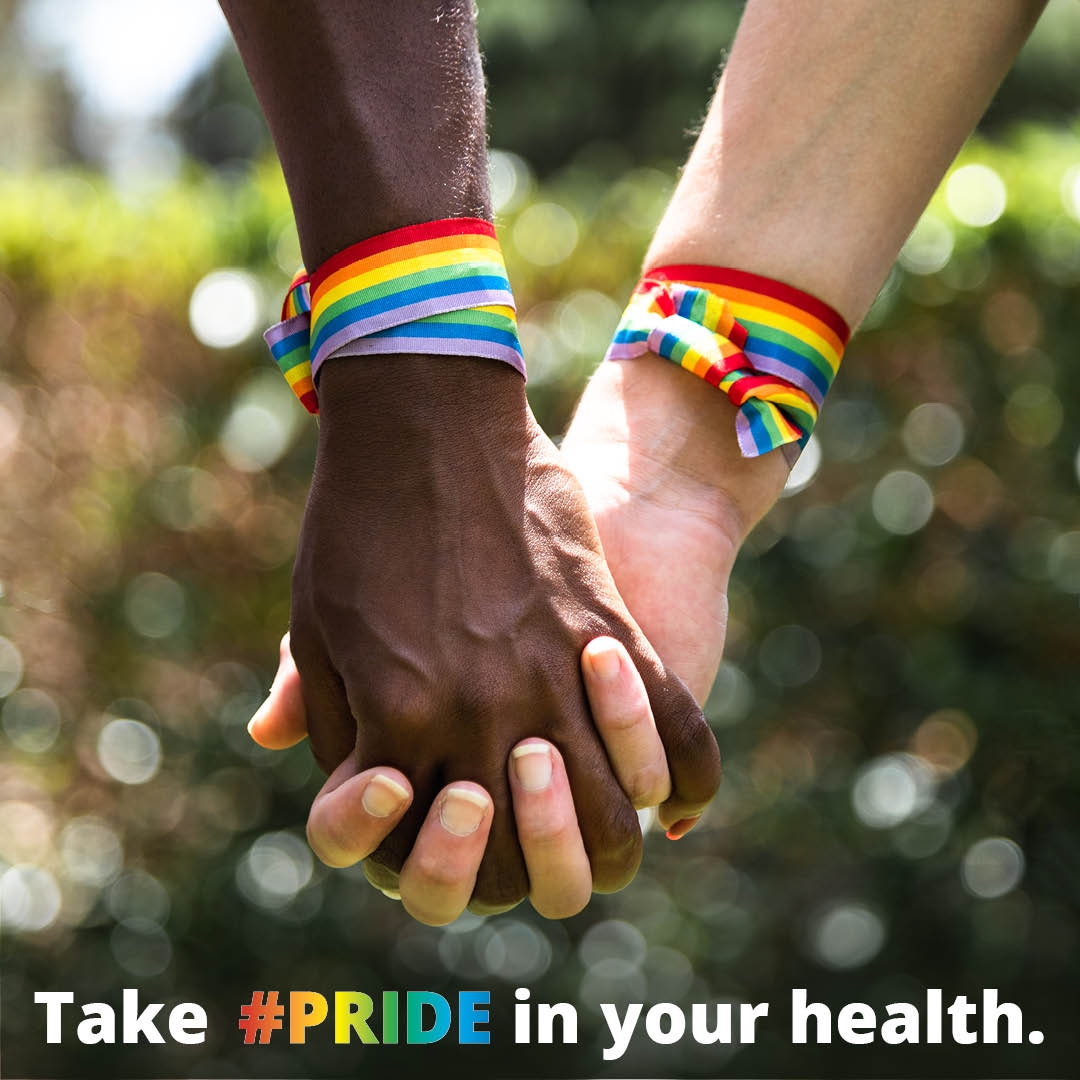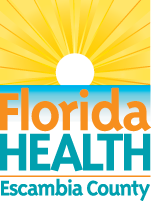It's a New Day in Public Health.
The Florida Department of Health works to protect, promote, and improve the health of all people in Florida through integrated state, county, and community efforts.
Take PRIDE in Your Health
Contact Us
- 850-595-6500
- EscambiaCHD.Feedback@flhealth.gov
-
Fax
850-595-6745 -
Mailing Address
1295 West Fairfield Drive, Pensacola, FL 32501
Taking pride in your health starts with being aware of risks and making the best decisions for the safety of yourself and others. On Memorial Day weekend, Pensacola Beach hosts upwards of 200,000 party goers for a weekend of revelry, comradery, and frivolity. Pensacola plays host to visitors from all over the nation and globe and we want everyone to be safe while they are enjoying the beautiful beaches of Pensacola.
Members of the LGBTQ+ community are at increased risk for certain health-related threats. Below is information and links to resources on some of the health issues.

Mpox
Mpox (previously known as monkeypox) is a rare disease caused by a virus. It leads to rashes and flu-like symptoms. Like the better-known virus that causes smallpox, it’s a member of the genus Orthopoxvirus. Mpox spreads through close contact with someone who’s infected, and is preventable with the use of a vaccine. Learn more about Mpox, the symptoms, vaccines and treatment.
Meningococcal Disease
Meningococcal Disease is a serious disease caused by bacteria called Neisseria meningitidis. Fortunately, these bacteria are not as contagious as germs that cause the common cold or flu, and similar to the flu, this disease can be prevented with the use of a vaccine. People do not catch the bacteria through casual contact or by breathing air where someone with meningococcal disease has been. It requires close contact over a period of time, or direct contact such as kissing or sharing drinks. Learn more about Meningococcal Disease, symptoms, and treatment.
Hepatitis A
Hepatitis A is caused by contagious virus that infects the liver and can lead to serious liver problems. There is a vaccine that prevents the virus.
The virus spreads through the feces (poop) of people who have the virus. If a person with the virus doesn’t wash his or her hands after going to the bathroom, feces can transfer to objects, food, drinks or drugs. When these things are shared, other people can unknowingly swallow the virus. If a person who has the virus comes in close contact with others—like during sex—the virus can also spread. Learn more about Hep A symptoms, and treatment.
HIV/AIDS
In the US, gay and bisexual men are the population most affected by HIV. According to the CDC, in 2019, adult and adolescent gay and bisexual men accounted for 69% of the new HIV diagnosis in the US. The high percentage of gay and bisexual men who are living with HIV means that, as a group, they have a greater risk of being exposed. Learn more about HIV/AIDS, risks, treatments and preventative measures.
STDs
Sexually transmitted diseases (STDs) are diseases that can be passed from one person to another through intimate physical contact and sexual activity. STDs are very common in the United States. Be aware of the symptoms of sexually transmitted diseases like syphilis, chlamydia, and gonorrhea.




Connect with DOH